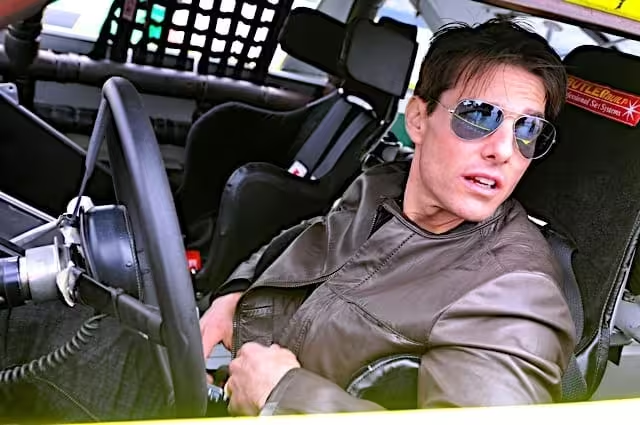Ever wonder why some racing and other sports movies resonate so well while others miss the mark?
This topic struck me as I recorded an episode for my podcast last night, where a friend and I discussed Field of Dreams, which I consider to be one of the best sports movies ever made.
It brought to mind elements of production, storytelling and performances that make movies, specifically sports films, work.
Let’s approach this through the framework of Field of Dreams.
That film works because it takes itself seriously and knows exactly what it is. It doesn’t add frills — Ray’s wife is completely bought into the idea of the “voice” and the baseball field being what needs to be built, all at the risk of the farm.
We don’t have the conflict that might normally come between the couple in a true-to-life situation: she’s on board with it, though eventually apprehensive and then is back on board when she and Ray realize they have the exact same dream.
There’s a fine line between having no conflict, as such being a very conflict-less movie to the point it feels superfluous, and being too convoluted and filled with drama. I think a lot of sports movies strike this balance to the correct degree — maybe a little much in one direction or the other — to the point where it satisfies all three types of its viewers: those familiar with the sport or true story it’s depicting, those completely disinterested in the sport and those that are watching it for the story as much as for the sporting aspect.
A few good examples in racing movies:
Days of Thunder, for as much crap as it sometimes gets and as an ardent defender of the movie myself, does this very well. We get conflict on a few different levels: Cole Trickle and Rowdy Burns, a relatively friendly rivalry; Cole and Russ Wheeler, a not-so-friendly rivalry and Cole himself adjusting to NASCAR and the like.
A lot of that balance is due to Tony Scott, one of the greatest directors of Americana movies (despite being British), and his talent behind the camera.
Other movies aren’t quite as adept at this balance and get bogged down in their own storytelling. Race for Glory: Audi vs. Lancia, which came out earlier this year, is a perfect example of this. Rally movies should be inherently exciting. This is a racing discipline with constant challenges, changing environments and a crucial tandem of driver and navigator working together to achieve the best time…
Click Here to Read the Full Original Article at …

